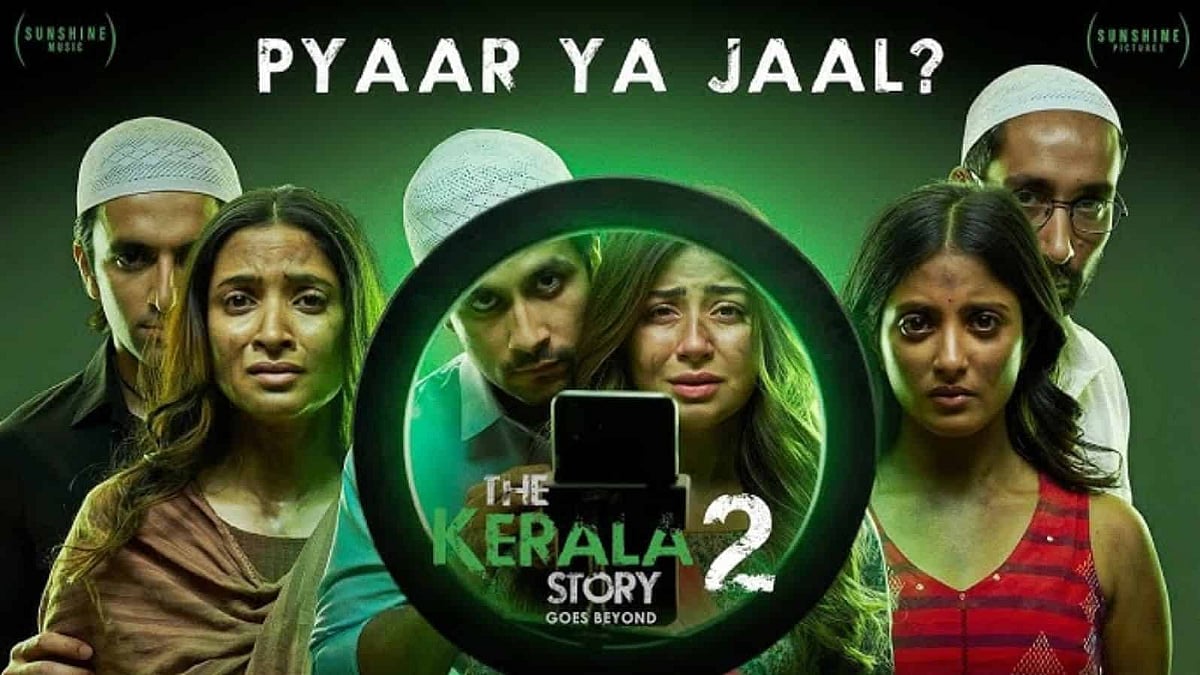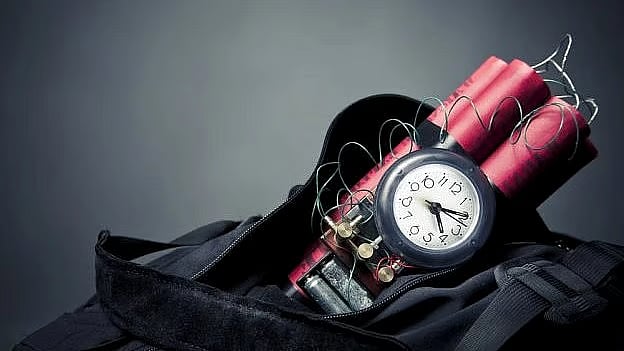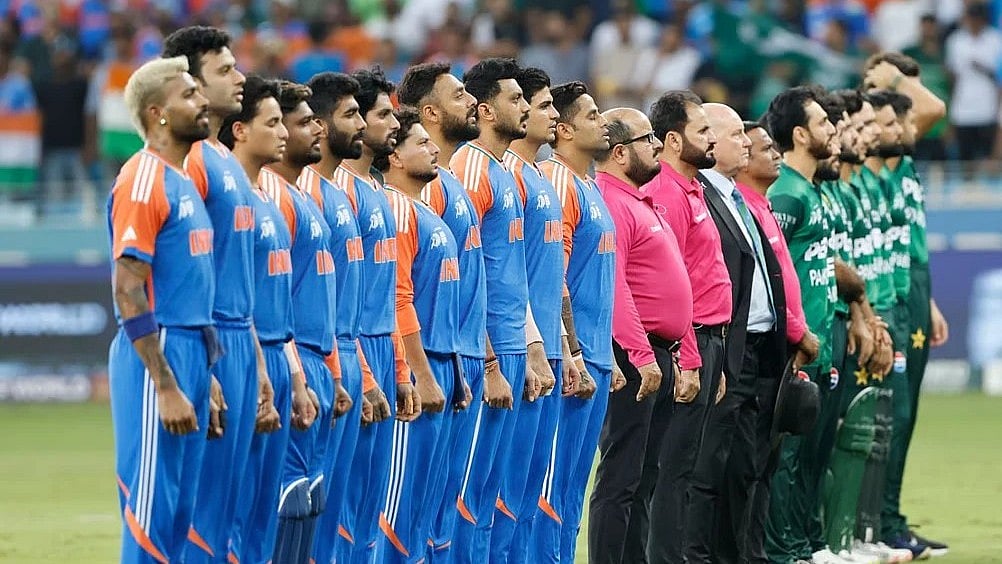Mumbai : After the violent riots which occurred in Bhima-Koregaon on January 1, the Maharashtra government had set up a Judicial Commission on February 10. This commission will finally begin to hear the matter from the first week of September. The commission has already issued summons to over a dozen of people “related” to the case.
The riots took place near Pune on the bicentenary celebrations of the Bhima-Koregaon battle, between the Dalits and the upper caste Brahmins, who were helped by the Marathas. The riots broke out at Vadhu Vudruk, near Pune, in which Rahul Phatangade, a 30-year-old Maratha youth was killed. After which, the riots spread across Maharashtra with reports of extensive damage of private and public transport vehicles.
A two-member commission, comprising of Chief Justice (retd.) J N Patel and Sumit Mullick, the former chief secretary of the state, will begin hearing arguments from September 5 to 7.
The first session of the commission would include examination and cross examination of all the people connected to this incident. The commission would also consider the evidence, as adduced by the police, government and the other related persons.
In its initial three-day hearing the commission will consider the evidence and arguments of over a dozen people including Rajendra Gaikwad, the one who is accused of displaying an ‘objectionable’ banner opposite to the grave of Sambhaji Maharaj. The police has claimed this banner ‘provoked’ the Maratha community, which led to the riots in the state.
“Gaikwad is the caretaker of the grave of his ancestor (Govind Gopal Gaikwad), which is situated just opposite to the grave of Sambhaji Maharaj. On the relevant day, he had put up a huge banner stating that none had come out to the aide of dying Sambhaji other than his ancestors,” the special public prosecutor Shishir Hiray told the Free Press Journal.
He further said, “This banner itself was provocative and had prompted the local Marathas to agitate. The banner, I can say had aggravated the issue.”
The commission will initially deal with the evidence of 12 persons and later would examine the versions of the right-wing Hindu activist Milind Ekbote, who is arraigned as an accused for inciting the violence.
“The commission has not issued summons to him (Ekbote) yet but will obviously hear him too, though at a later stage,” Hiray said.
Meanwhile, the Mumbai police and the Nasik police have filed their affidavits spelling out the causes and consequences of the riots in both the cities. “An affidavit has been filed by the concerned officials of both the cities. We have specified the causes and consequences of the riots and also the loss of the public property,” Hiray said.




